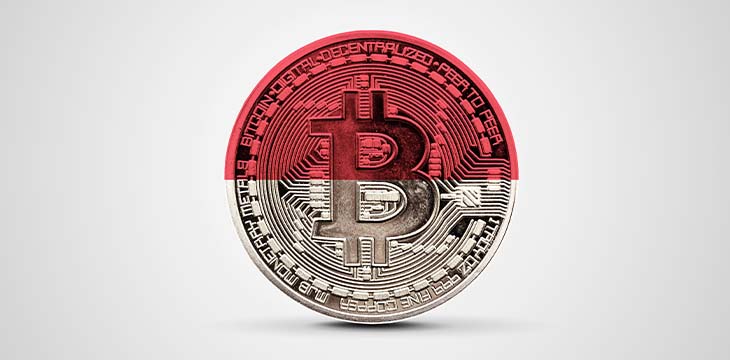|
Getting your Trinity Audio player ready...
|
Indonesia’s virtual currency ecosystem is bracing itself for sweeping changes as regulators scramble to flex their muscles over the industry in the coming months.
The first of the incoming changes is the proposed plan to set up a national digital currency exchange for the country. Didid Noordiatmoko, head of the Commodity Futures Trading Regulatory Agency of Indonesia (Bappebti), announced that it was keen on launching the platform before the end of the year.
The establishment of a national trading platform for digital assets forms part of the plan by regulators to prevent the recurrence of major collapses like FTX and Zipmex. Indonesian investors bore the brunt of the implosions, with thousands suffering losses running into millions.
Indonesia is not stopping at creating a national exchange but will overhaul the entire regulation of digital assets. The most seismic change is removing control of virtual currencies from the Bappebti and vesting it in the hands of the Financial Service Authority (FSA).
The FSA would take over the reins within the next two years, which Noordiatmoko believes is sufficient time for the exchange to begin full operation.
“In fact, crypto assets have become investment and financial instruments, so they need to be regulated on an equal basis with other financial and investment instruments,” Sumunto Sastrosuwito, a director with the FSA, said.
Under the control of Bappebti, digital assets thrived in Indonesia, with millions of investors flocking to the space. At the start of 2021, on-chain data showed that there were 16 million virtual currency traders in the space, and in the throes of the bear market, trading volumes still managed to stand at an impressive $19.2 billion.
Bappebti has approved 383 virtual assets to be traded in the country, while 151 assets are presently under review by the commodities watchdog. Despite the seemingly positive stance, Bappebti has remained wary of the growth of the industry and has expressed concerns over competition with the rupiah, Indonesia’s only legal tender.
Charging ahead with CBDCs
Indonesia is making significant gains with its plans to launch a central bank digital currency (CBDC). Bank of Indonesia Governor Perry Warjiyo disclosed details on the conceptual design of the digital rupiah, saying that it will be “integrated, interconnected, and interoperable” with other CBDCs of other nations.
Titled Project Garuda, the Bank of Indonesia will be focusing its efforts on the development of a wholesale CBDC, but there are plans for a retail pilot in the future, according to the white paper.
It remains unclear how the digital rupiah would fare alongside other virtual currencies in the country, given the central bank’s previous plans to impose a blanket ban against digital assets.
Watch: The BSV Global Blockchain Convention panel, The Future of Digital Asset Exchanges & Investment

 02-12-2026
02-12-2026 




